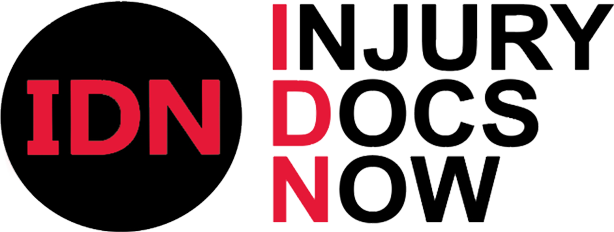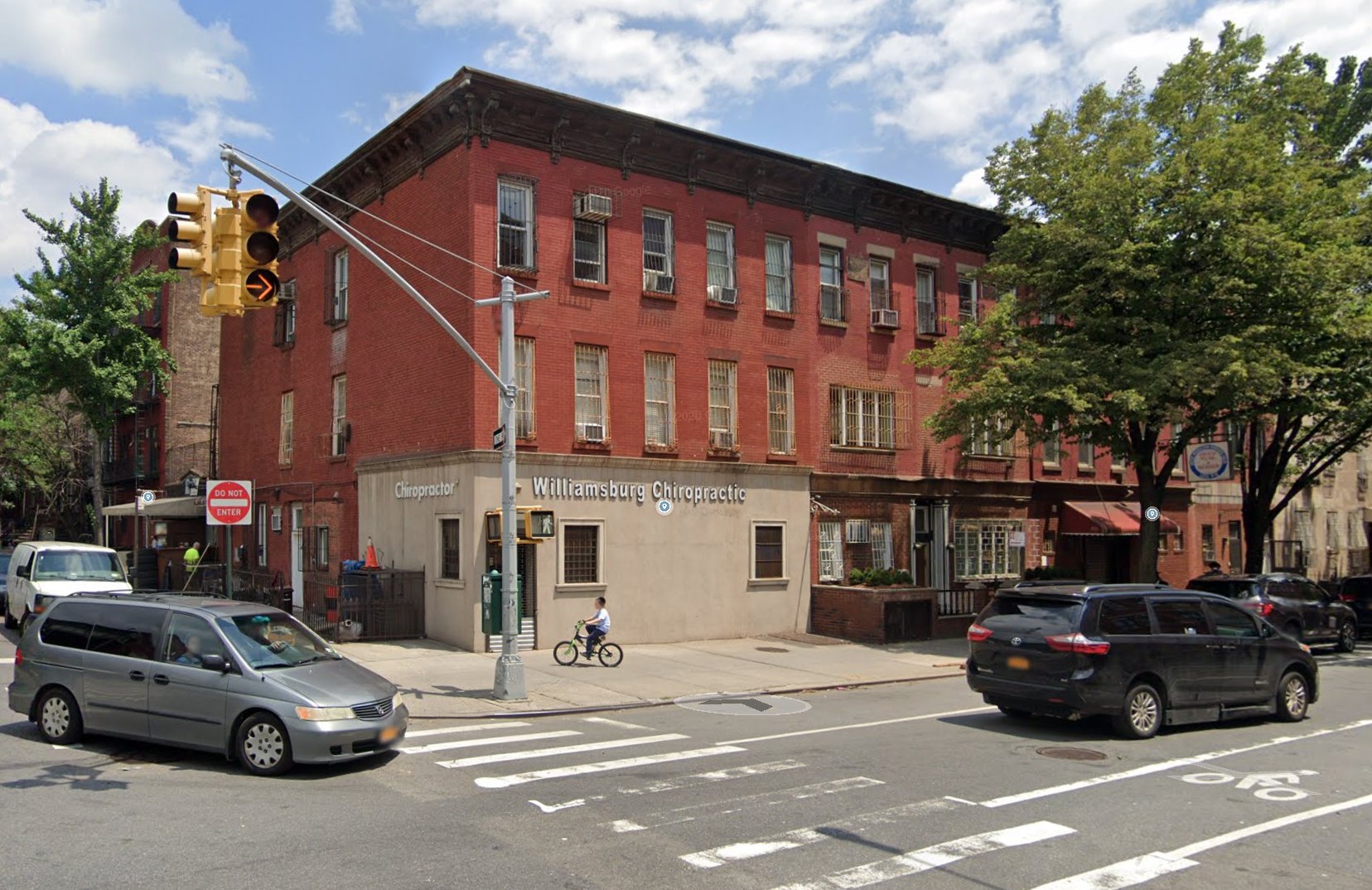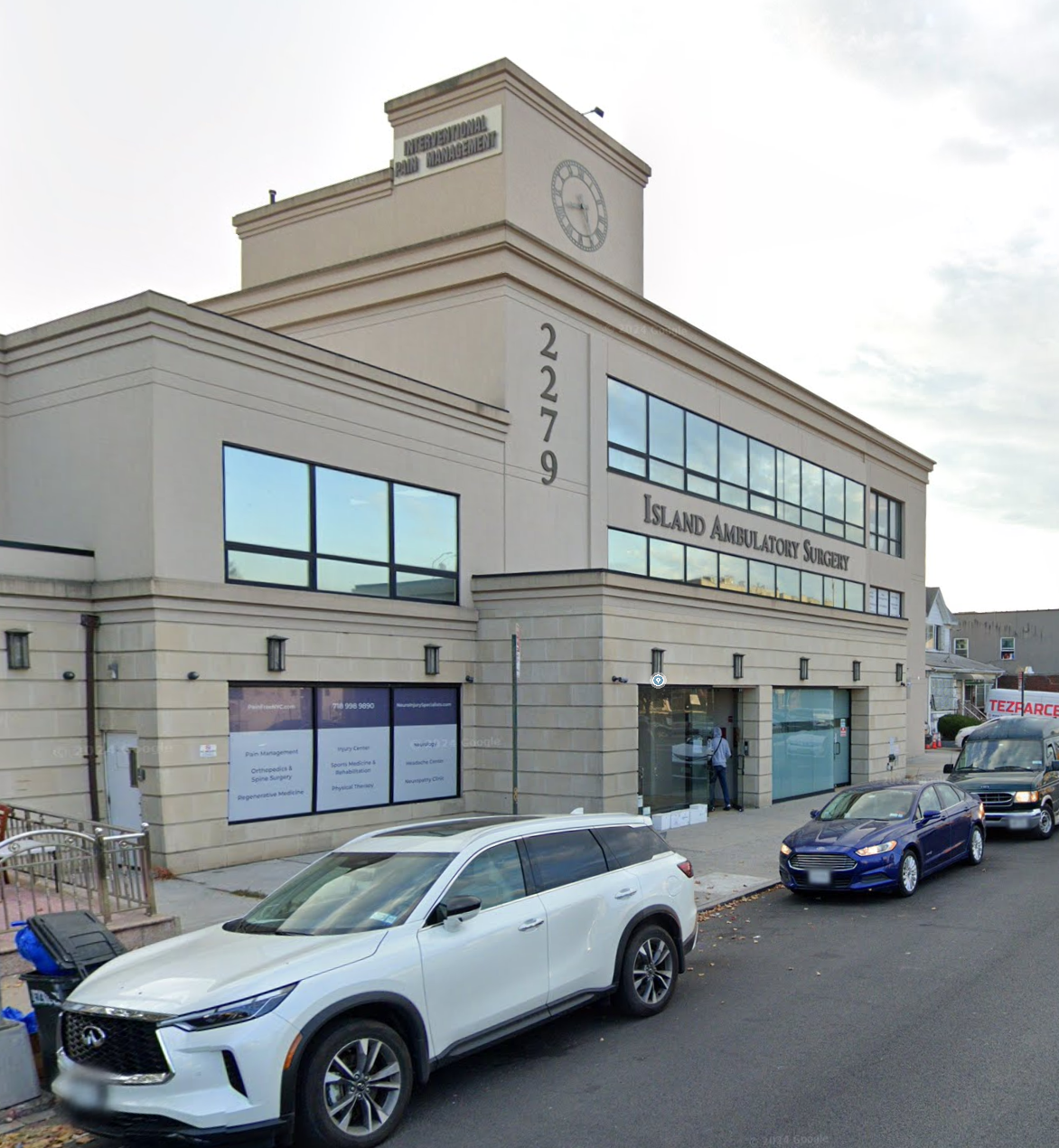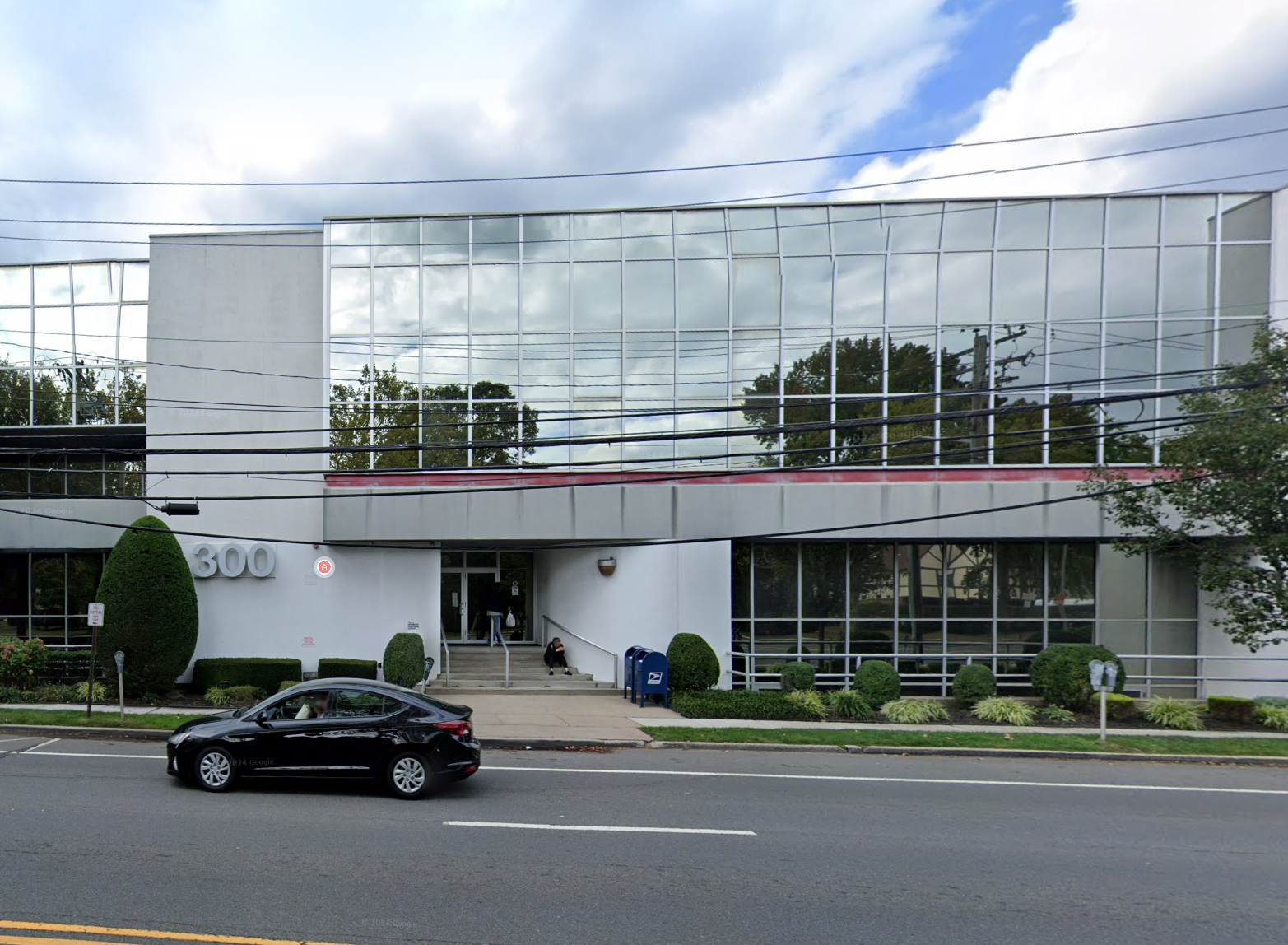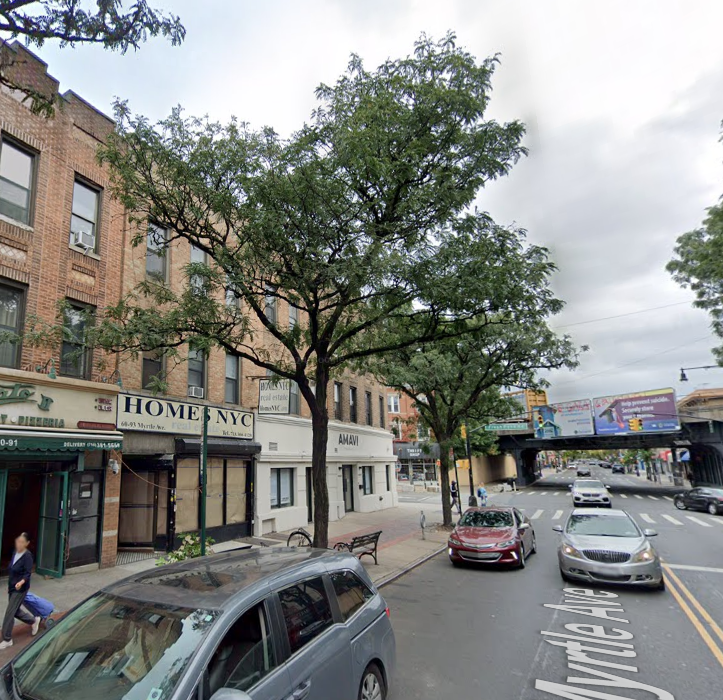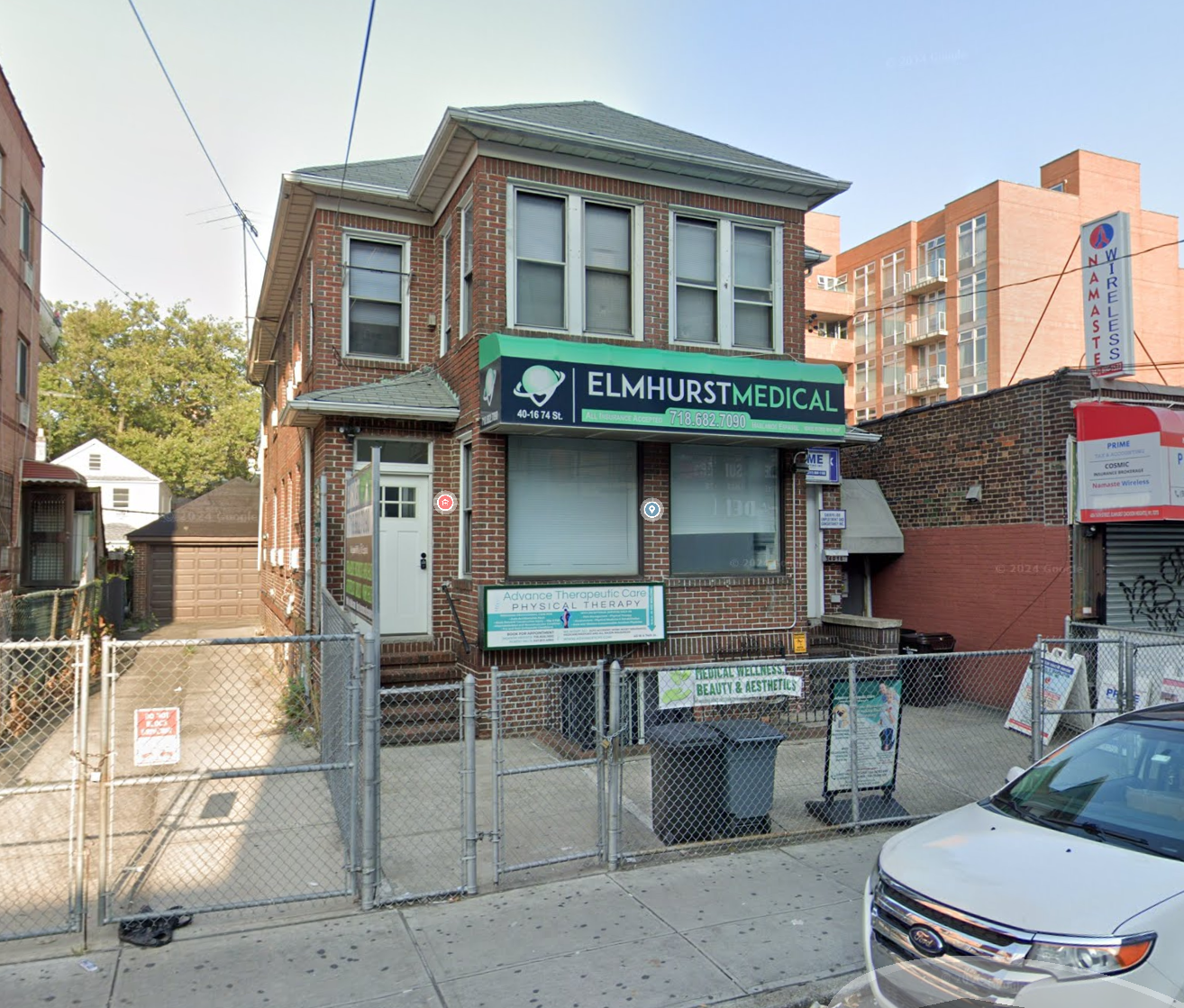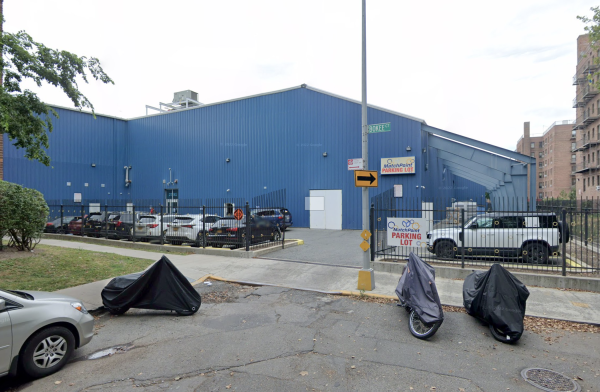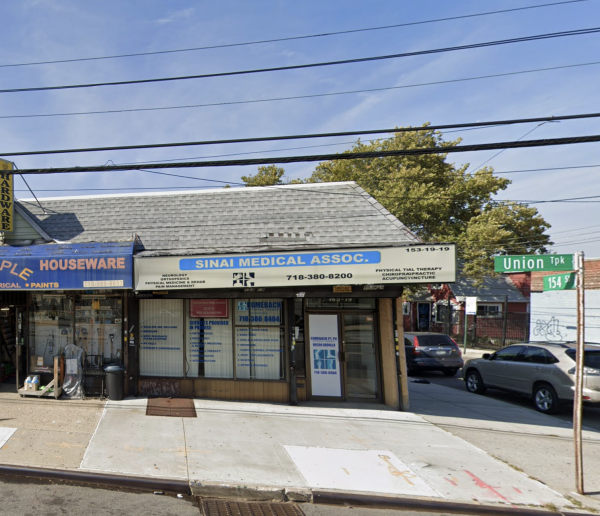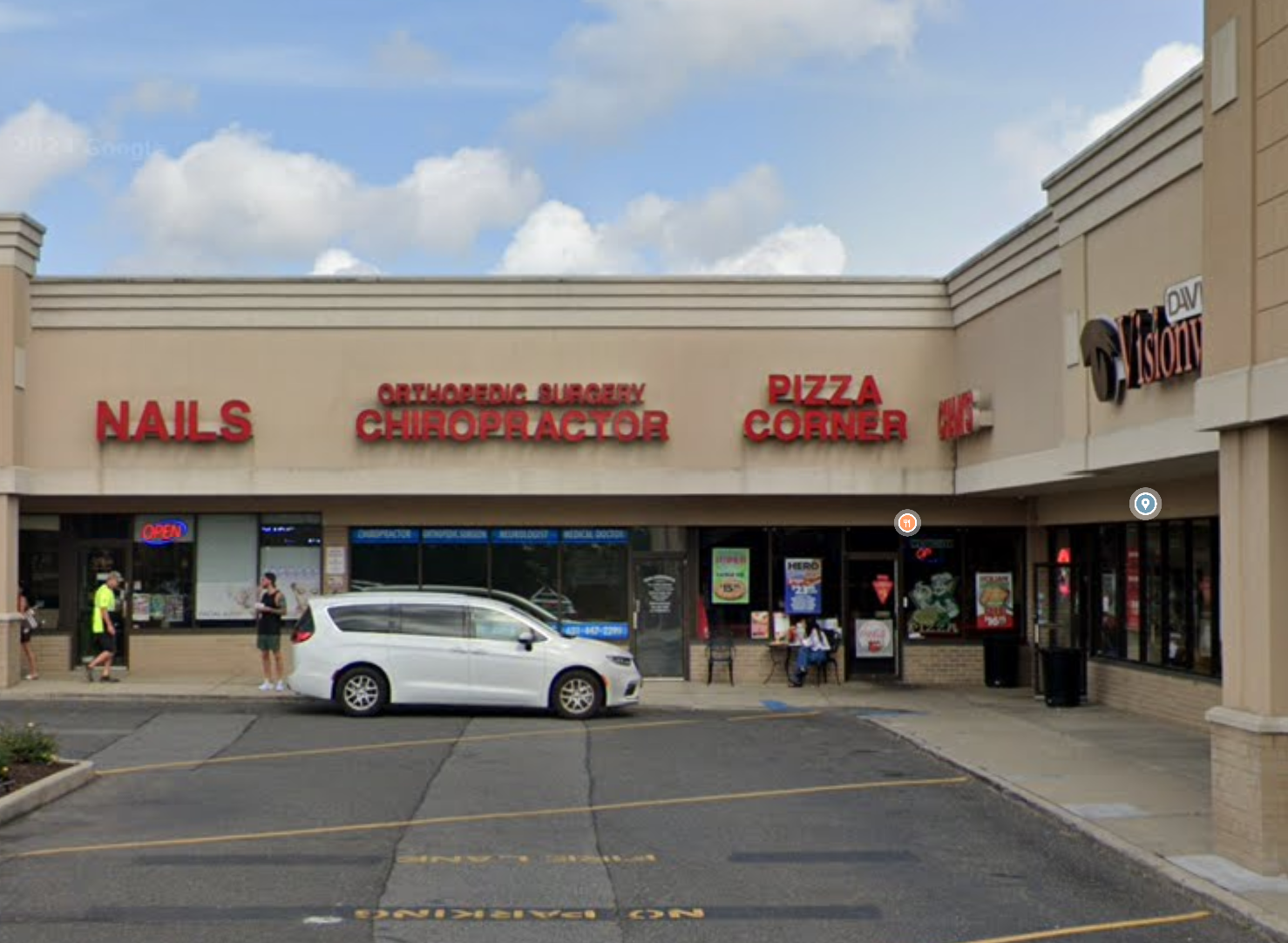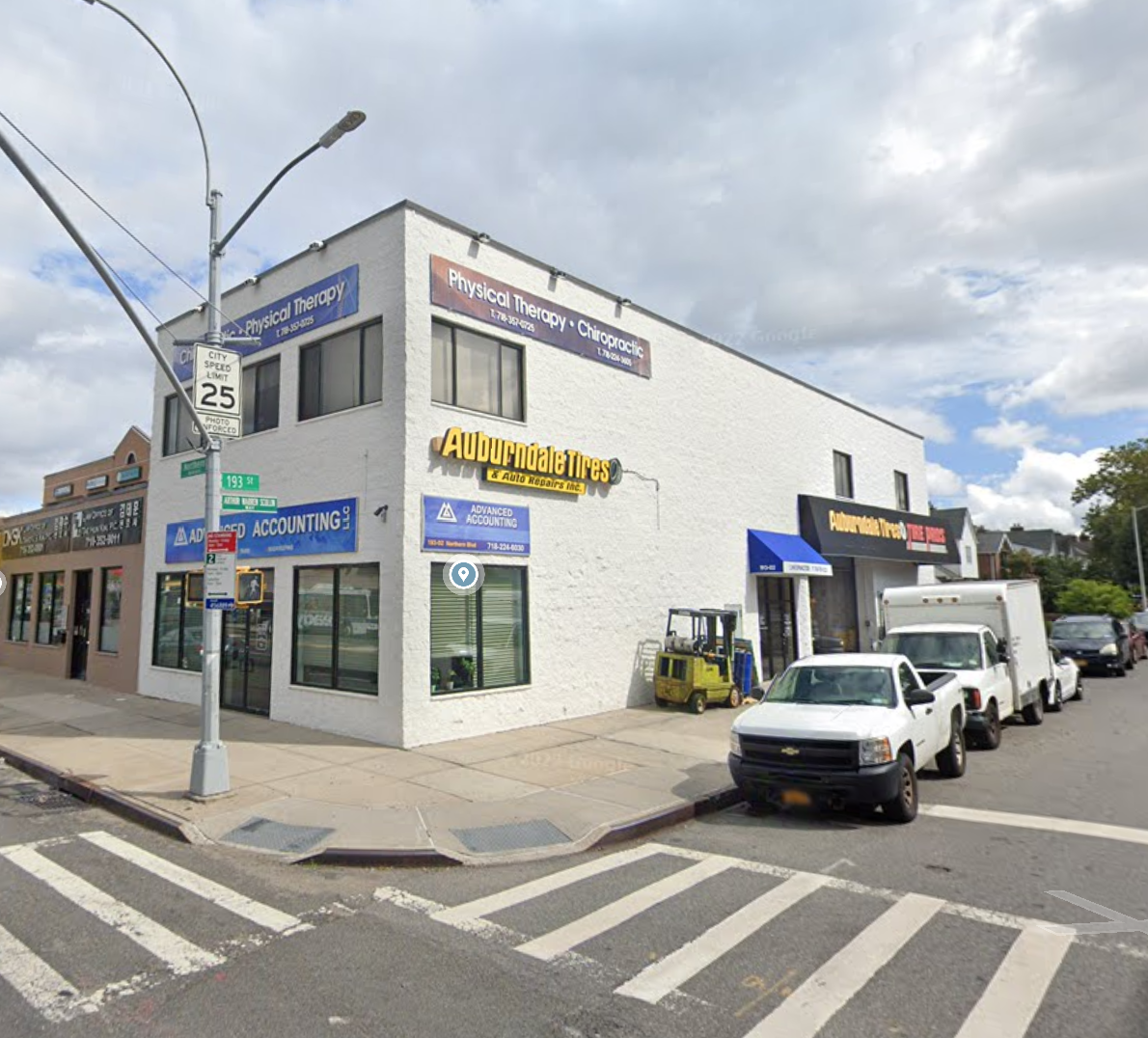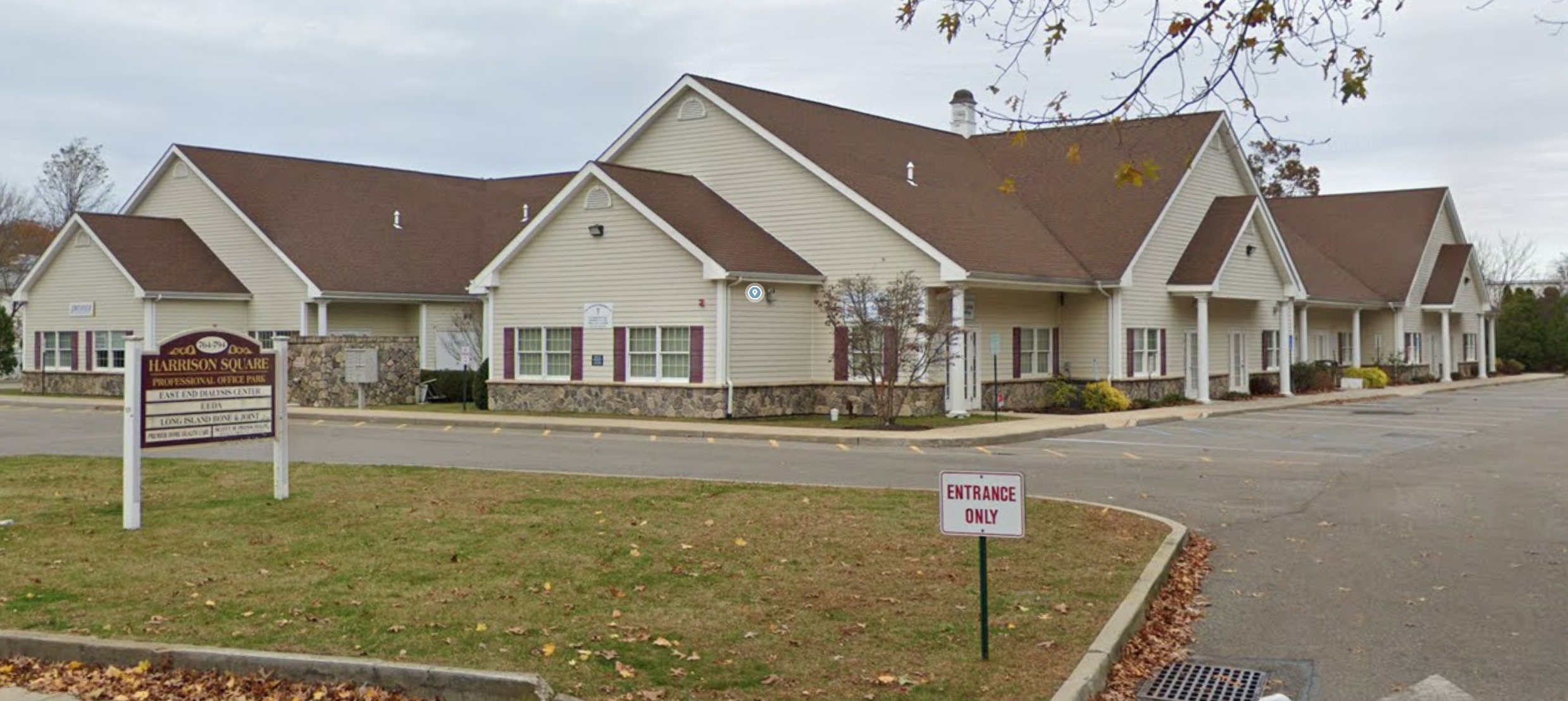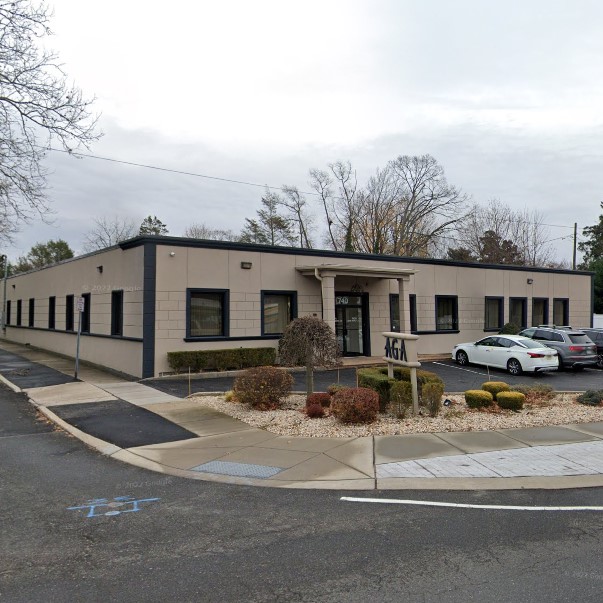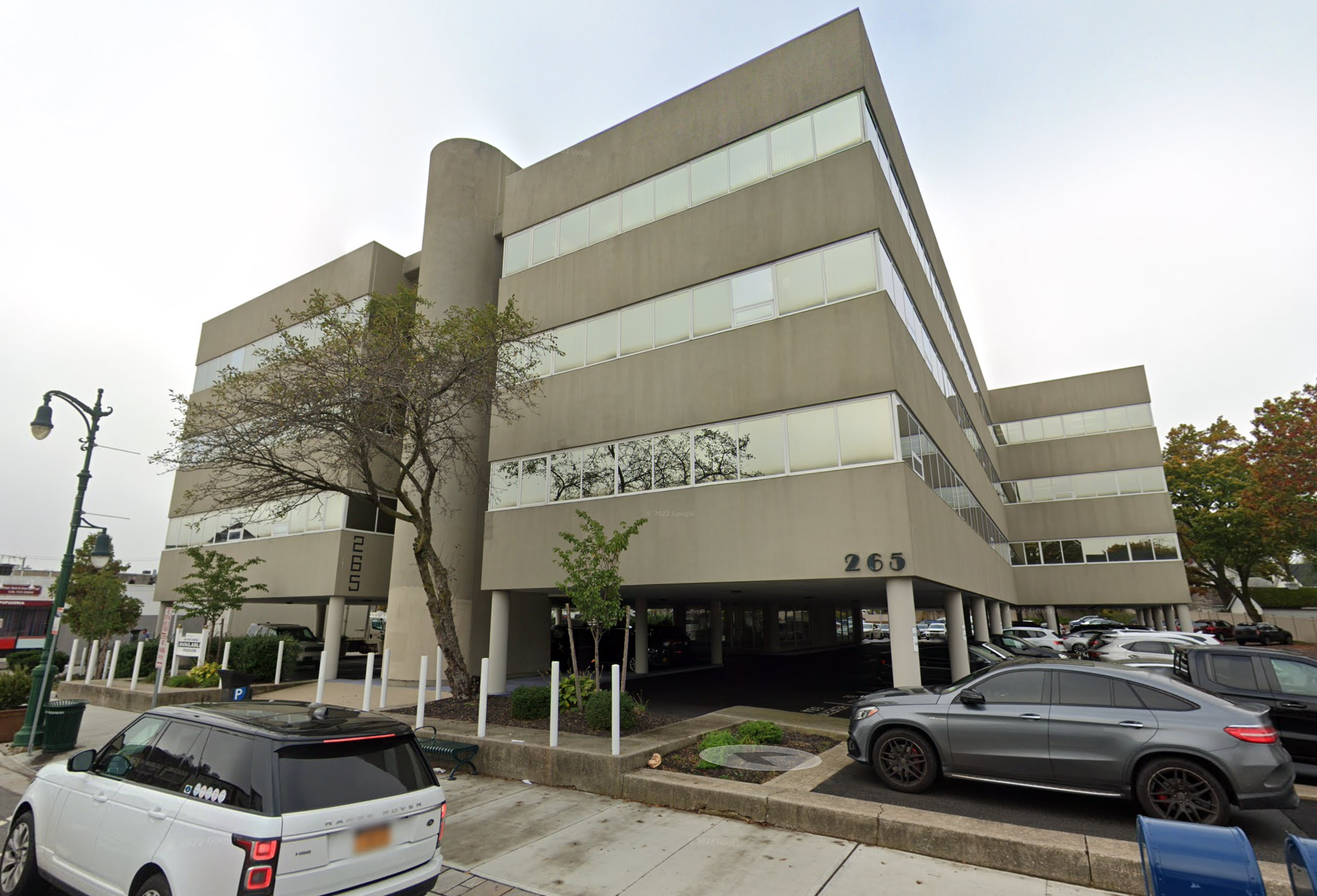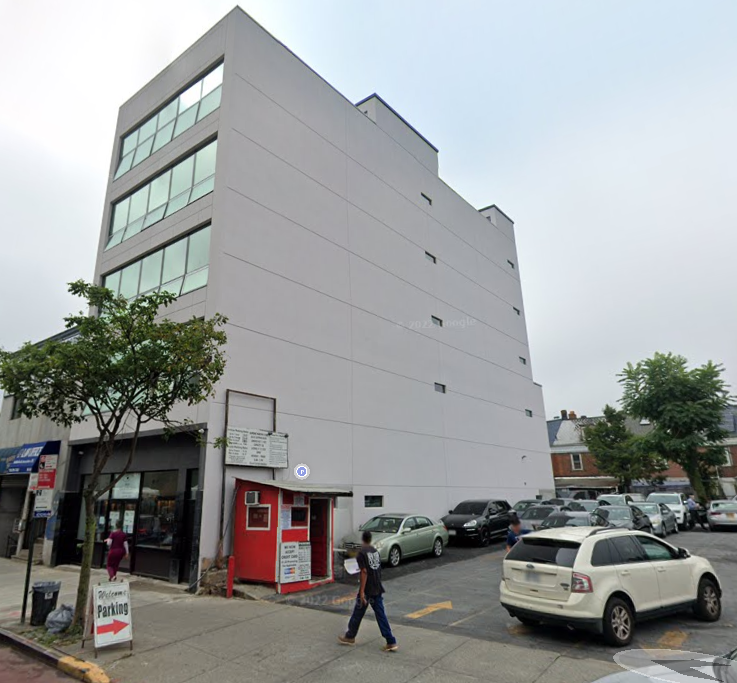Car accidents can result in various injuries, including concussions. A concussion is a type of traumatic brain injury. A hit, or blow cause it, or jolt to the head or body. This can cause a temporary disruption to the normal functioning of the brain. Recognizing the signs of a concussion after a car accident is crucial for seeking appropriate medical attention. This article will discuss the common signs and symptoms that may indicate a concussion and emphasize the importance of proper diagnosis and treatment.

Understanding Concussions
What is a concussion, and how does it occur?
A concussion is a type of traumatic brain injury (TBI) that occurs when a sudden blow or jolt to the head or body causes the brain to move rapidly back and forth. This movement can result in chemical changes and temporary disruption of normal brain function. Car accidents often involve such impacts, making concussions a common injury in these situations. It’s important to note that concussions can occur even without a direct impact on the head.
The impact of car accidents in causing concussions
Car accidents, particularly those involving sudden stops, collisions, or abrupt changes in motion, can subject individuals to significant forces that lead to concussions. The accident’s impact can cause the brain to collide with the inside of the skull, resulting in injury. It’s crucial to recognize that even seemingly minor accidents can result in concussions, and the collision’s severity does not always correlate with the severity of the injury.
How concussions can affect the brain and overall health
Concussions can affect various aspects of brain function, leading to physical, cognitive, and emotional symptoms. The injury disrupts normal brain processes, potentially causing headaches, dizziness, and balance problems. Mental changes, such as difficulties with concentration, memory, and information processing, may also occur. Additionally, concussions can result in emotional symptoms, including irritability, mood swings, and feelings of depression. It’s important to note that while most concussions resolve with time and appropriate management, they can have short-term and, in some cases, long-term effects on overall health and well-being.

Common Signs and Symptoms of Concussions
Concussions can manifest in various ways, and it’s essential to be aware of the common signs and symptoms that may indicate a concussion after a car accident. While each individual may experience different symptoms, and their severity may vary, the following are typical indicators of a concussion:
- Headaches and pressure in the head
- Dizziness, balance problems, and difficulties with coordination
- Nausea, vomiting, and sensitivity to light or noise
- Fatigue, drowsiness, and sleep disturbances
- Cognitive changes
- Emotional and behavioral symptoms
- Vision changes and ringing in the ears
It’s important to note that symptoms may not always appear immediately after the accident and can sometimes be delayed. If you experience any of these signs or symptoms following a car accident, seeking medical attention for proper evaluation, diagnosis, and appropriate management is crucial. Early recognition and treatment of a concussion can significantly contribute to a smoother recovery process.


Seeking Medical Attention
The importance of seeking medical attention after a car accident
Following a car accident, it is crucial to prioritize your health and well-being by seeking prompt medical attention, even if you don’t immediately notice any concussion symptoms. Some symptoms may not appear right away or may develop gradually over time. By seeking medical help, you ensure that any underlying injuries, including concussions, are properly assessed and addressed.

Consulting with a healthcare professional specializing in concussions
When seeking medical attention for a suspected concussion, consulting with a healthcare professional specializing in concussions or traumatic brain injuries is beneficial. These experts possess specific knowledge and experience in diagnosing and managing concussions. They will conduct thorough evaluations, perform relevant tests, and create customized treatment plans tailored to your needs.
Physical and neurological examinations for accurate diagnosis
Healthcare professionals will conduct physical and neurological examinations to evaluate your condition and accurately diagnose a concussion. These assessments involve checking your reflexes, assessing your balance and coordination, and testing your cognitive function. By conducting these examinations, healthcare professionals can determine the severity of the concussion and develop appropriate treatment strategies.
The role of imaging tests, such as CT scans or MRI scans, in assessing brain injuries
In some cases, imaging tests like CT scans (computed tomography) or MRI scans (magnetic resonance imaging) may be recommended to assess brain injuries, rule out other underlying conditions, or detect potential complications. These tests provide detailed images of the brain, enabling healthcare professionals to examine its structures and identify any abnormalities.
Developing a personalized treatment plan
Once a concussion is diagnosed, healthcare professionals will develop an individualized treatment plan based on the severity of your symptoms and your specific requirements. The treatment plan may include physical and cognitive rest recommendations, managing pain and other symptoms, gradually reintroducing activities, and monitoring your progress over time. The primary objective is to promote healing, alleviate symptoms, and support your overall recovery.
Remember to follow the guidance and treatment recommendations provided by healthcare professionals. While most concussions resolve with time and proper management, seeking medical expertise specializing in concussions significantly contributes to a smoother recovery process and reduces the risk of potential complications.
Treatment and Recovery
Resting the brain and allowing it to heal
Rest is a crucial aspect of concussion treatment and recovery. The brain can focus on healing and repairing injured tissues by minimizing physical and cognitive activities that may worsen symptoms. It is vital to follow healthcare professionals’ guidance on the duration and extent of necessary rest.
Implementing cognitive rest guidelines to minimize symptoms
Cognitive rest involves reducing activities that require mental exertion, such as reading, studying, or using electronic devices. By minimizing cognitive demands, the brain can allocate its energy toward healing. Healthcare professionals may provide specific guidelines on incorporating cognitive rest into daily routines and gradually reintroducing mental activities as symptoms improve.
Medications for symptom management, if necessary
Sometimes, healthcare professionals may prescribe medications to alleviate specific concussion symptoms. These medications can help manage pain, reduce headaches, address sleep disturbances, or regulate mood-related symptoms. Following the prescribed dosage and consulting with healthcare professionals regarding any concerns or potential side effects is essential.
Gradual return-to-activity protocol under medical supervision
As symptoms improve and with guidance from healthcare professionals, a gradual return-to-activity protocol can be implemented. This protocol involves incrementally reintroducing physical and cognitive activities while closely monitoring signs. The pace of the return to activity will depend on individual progress and response to exertion. Proceeding gradually helps prevent symptom recurrence or exacerbation.
Rehabilitation therapies in the recovery process
Rehabilitation therapies, such as occupational therapy, physical therapy, and speech therapy, play a significant role in concussion recovery. These therapies focus on restoring functional abilities, improving balance and coordination, addressing cognitive challenges, and managing persistent physical or cognitive impairments. Healthcare professionals may recommend specific rehabilitation programs tailored to individual needs.
Individuals can optimize their concussion recovery by following the treatment plan and healthcare professionals’ guidance. Being patient with the healing process is essential, as recovery timelines may vary. Regular follow-up appointments will help monitor progress and allow for adjustments to the treatment plan as needed. With proper treatment and support, individuals can enhance their recovery and minimize the potential long-term effects of a concussion.

Long-Term Considerations and Monitoring
After a concussion, it is crucial to be aware of the potential long-term effects and complications that may arise. While most concussions resolve with time and appropriate management, some individuals may experience lingering symptoms or develop post-concussion syndrome, which can persist for weeks, months, or even longer.
Monitoring symptoms and seeking follow-up care is crucial for ongoing well-being. Regular check-ups with healthcare professionals specializing in concussions can help identify lingering or emerging issues and determine appropriate interventions. Lifestyle adjustments and strategies for symptom management may be necessary, such as modifying daily routines, practicing stress management techniques, prioritizing adequate sleep and rest, and maintaining a balanced lifestyle. Educating oneself and loved ones about concussions is crucial to create a supportive recovery environment and advocating for one’s health throughout the process.
Ongoing communication with healthcare professionals, including regular check-ins and promptly reporting any changes or concerns, ensures individuals receive the necessary care and support. By considering long-term implications, staying informed, and maintaining open communication, individuals can navigate recovery more effectively and optimize their overall well-being after a concussion.
Prioritizing Concussion Prevention for Long-Term Brain Health
Recognizing the signs of a concussion after a car accident is vital for ensuring appropriate medical care and promoting recovery. If you experience any symptoms indicative of a concussion, seek medical attention promptly. Concussions can have significant implications for brain health and overall well-being, but individuals can achieve a smoother recovery process with proper diagnosis, treatment, and follow-up. InjuryDocsNow is committed to connecting individuals with healthcare professionals specializing in concussions and providing comprehensive care for car accident injuries
Table of Contents
Categories
- Car Accident Injuries
- Chiropractor
- Diagnostic radiology
- Emergency medicine
- Exercise
- Health and Wellness after Accidents
- Healthcare
- Medical Diagnostics and Imaging
- New York Doctors
- No Fault Injury
- Pain Management
- Personal Injury
- Personal Injury Care
- Physical Therapy
- Rehabilitation & Recovery
- Uncategorized
- Work Injury
- Workers Compensation

Any articles on this website are for educational purposes only and should not be considered an endorsement either of the positions or ideas expressed in the articles or of any goods or services offered by the articles’ authors or the individuals or entities providing the articles.
